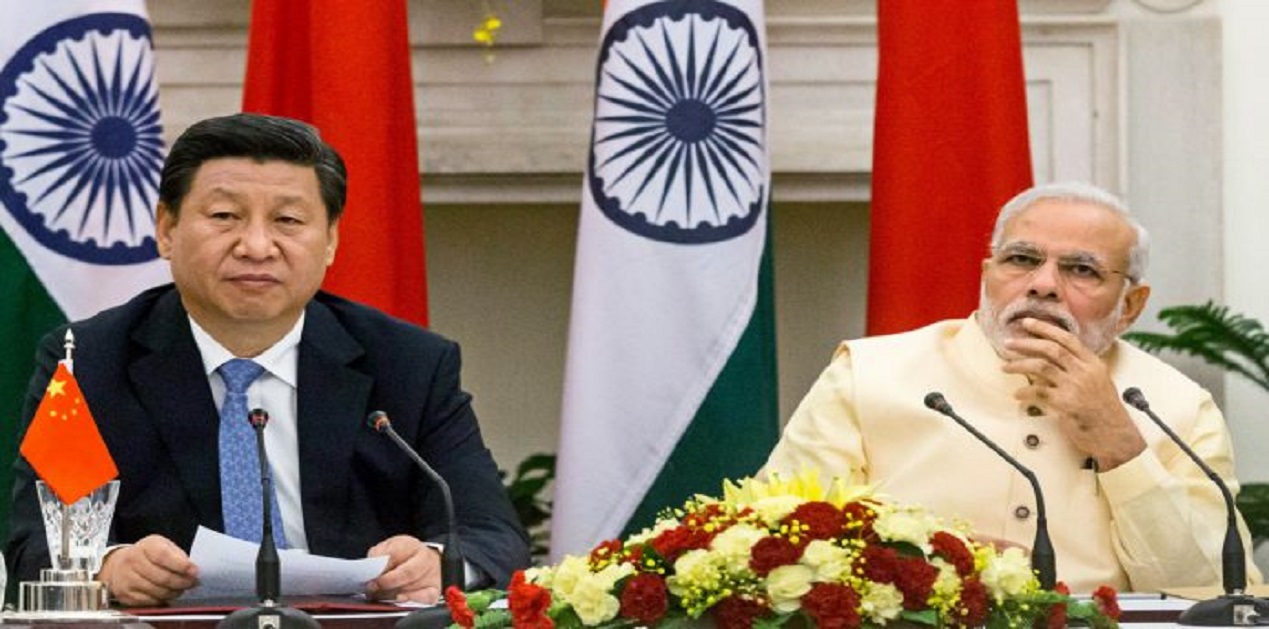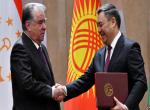Following the two informal summits between Prime Minister Narendra Modi and President Xi Jinping in Wuhan (2018) and Chennai (2019) the important question that is being asked within the academic circles in China is what could be the possible template for better ties between the two countries. Within China there have been apprehensions with regard to India joining the US Indo-Pacific strategy and becoming an indispensable member in the Quad initiative. The Ministerial level Quad meeting of September 2019 in New York and four earlier meetings at the Joint Secretaries level since 2018 have also caused apprehensions in the minds of strategic thinkers in Beijing. The reluctance of India to join Regional Comprehensive Economic Partnership(RCEP) highlighting the hesitancy in reducing tariffs for Chinese imports and the problem of dumping have hogged the media and academic attention in China.
During a recent interaction between the scholars from both sides the Chinese scholars revealed some of their apprehensions regarding the direction of bilateral relationship. The thinking which has been resonating across China is whether the bon homie between leaders is losing momentum, or the deficit of new ideas has stymied the momentum in future engagement. While takeaways in the post Chennai Connect were appreciated in the field of renewable energy, traditional medicine, education but there is concern that the blueprint for possible economic, political and strategic cooperation has not appeared on the horizon.
The discourse within China has been about the internal changes that are happening in India with regard to abrogation of Article 370 and the response that was made by Home Minister Amit Shah in Parliament that Aksai Chin belongs to India, has perturbed Chinese scholars and policy makers. Chinese concern is whether the border and territorial issues between the two countries would sabotage the understanding between the two leaders and is there a way out to avoid the informal dialogue fatigue.
In a larger discourse about the Sino-India ties, the reflections from Chinese scholars are quite interesting. The thesis that is proposed from the Chinese side is that the relationship is dependent on five variables, better known as the five ‘T’s. These included trade imbalance, trust, third party, terrorism and territorial disputes. With regard to trade the Chinese scholars’ perception is that India is not willing to open markets for Chinese products and therefore trying to protect their domestic producers. Further, there is increasing perception that with Japanese minister also alluding to the fact that Japan will only join when India joins RCEP shows the camaraderie that exists between the two countries to hamper Chinese trade interests. Chinese economists also have opined that India is not too keen to join RCEP and is just biding time. Any amount of logic and reasoning given by Indian scholars regarding China’s non-tariff barriers on Indian goods & services and a possible deluge of cheap Chinese goods is either overlooked or largely dismissed with a homily that Indian industry and manufacturing sector need to be more competitive.
The second aspect of the relationships which reflect in the Chinese discourse is that the two countries still suffer form lack of trust and there are a number of issues which have aggravated this. This includes Chinese support to Kashmir issues in UNSC and also the development of the China Pakistan Economic Corridor. However, Chinese scholars have time and again tried to buttress the fact that China is keen to develop friendly ties with India and is wary of India becoming an informal alliance partner of US. The increasing involvement of US in Sri Lanka and larger Indo-Pacific strategy document are pointers to this reality.
The third aspect of the Sino-Indian relationship is terrorism and it has been seen in various bilateral meetings that India is keen to press on this fact that Pakistan is the epicenter of terrorism and China must acknowledge this. Given the strategic and political relationship between Pakistan and China it is unacceptable in the political establishment of China and therefore, this acts as a hindrance. China’s technical hold in UNSC on declaring Masood Azhar as a terrorist and his listing in the UN list of designated terrorist have created more bitterness between the two countries. According to the Chinese scholars the role of vernacular media in India has added fuel to the fire.
The fourth ‘T’ in this bilateral matrix is territorial disputes and this includes the 21 rounds of border talks between the two Special Representatives (SR) from both sides which have not yielded any dividends. Chinese scholars have also expressed the view that India is now not too keen on holding regular SR talks as during the last time the SR talks were cancelled at the last moment. Though the dates for the 22nd round of SR talks have been announced there is ambivalence on these talks and its future utility.
The last and final ‘T’ is the third party role in the bilateral ties and the reference was particularly with regard to US and its involvement in India China relations. It was opined that the issues related to Tibet, Taiwan and other issues such as South China Sea, the US has been dictating terms to India on these issues. Further, the 2+2 Ministerial talks with the US and regular holding of Quad discussions between the high ranking officials of the four countries(India, US, Japan and Australia) shows that US wants India in its strategic orbit and cater to its strategic interest. Given the fact that India is a neighbor and its relationships with US both in terms of defense and strategic ties is a matter of concern for China. The signing of the two agreements such as Logistics Exchange Memorandum of Agreement (LEMOA) and Communications Compatibility and Security Agreement (COMCASA) shows the intent of India of getting closely associated with US Indo-Pacific strategy and Quad acting as a vehicle for such cooperation.
Chinese scholars have also proposed that India should consider the 2+1 format for dialogue with India’s neighbours where both China and India can down with the South Asian country to build trust and also undertake joint projects and joint ventures. This will eliminate mistrust between the two countries on Chinese intentions and role in India’s neighbourhood.
The issue of Belt and Road Initiative also resonates in the minds of Chinese academicians but they acknowledge that there have been few shortcomings and few hardships in the projects in select countries of Asia. However, they have expressed that China Myanmar Economic corridor would open new avenues for growth for China’s Southwestern region and also bring about better value addition networks. The US China trade war have brought inflation of food, meat products and other agricultural commodities in China which have been imported from the US. For China, promotion of trade and investment has been critical elements to accelerate its economic growth which has been decelerating for some time. India’s opening up of its market under RCEP would act to China’s advantage.
Overall, China remains less sensitive to India’s concerns and interests and is unwilling to give any quarter to India while it expects India to cooperate in every which way to contest the US preeminence and expand its presence in India’s neighbourhood.
(The paper is the author’s individual scholastic articulation. The author certifies that the article/paper is original in content, unpublished and it has not been submitted for publication/web upload elsewhere, and that the facts and figures quoted are duly referenced, as needed, and are believed to be correct). (The paper does not necessarily represent the organisational stance... More >>
Image Source: https://d2c7ipcroan06u.cloudfront.net/wp-content/uploads/2019/01/Narendra-Modi-and-Xi-Jinping-696x392.jp











Post new comment